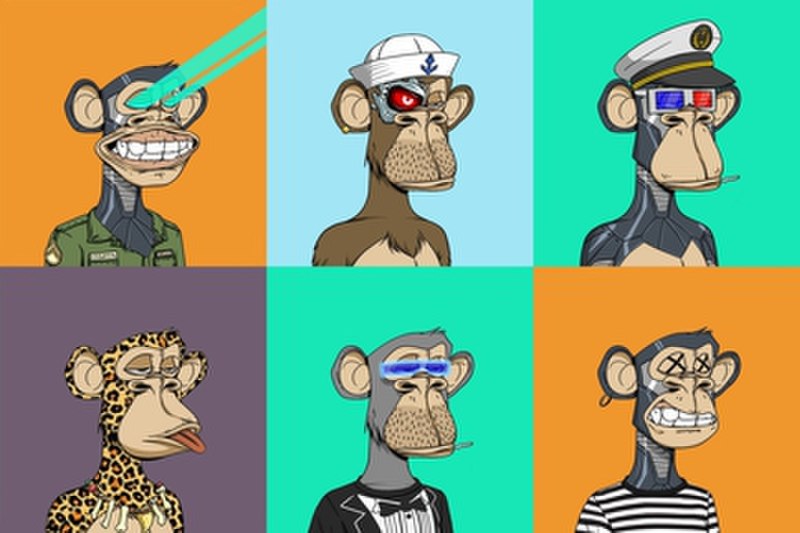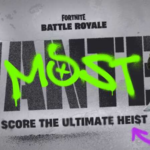Published on: 11/05/2022
Co:Create developing protocol to help NFT projects launch native tokens

Co:Create is developing a new protocol that promises to offer NFT projects the necessary tools and infrastructure to help them launch their own tokens and manage decentralized autonomous organizations (DAOs).
According to Tara Fung, co-founder and CEO of Co:Create, the whole protocol will be launched in beta this fall. The developer tools and documentation will be available this summer.
While the protocol is still in its early stages, it has already gained some high-profile supporters. Tom Brady’s NFT company, Autograph as well as VaynerFund, Packy McCormick’s Not Boring Capital, FTX’s Amy Wu, and the teams behind RTKFT (a sneaker-focused NFT design studio Nike purchased last December) and fractional.art also participated in its $25 million seed round, led by Andreessen Horowitz (a16z).
“The Co:Create protocol puts creators on the right path to designing and implementing the most challenging components of successful NFT communities,” said a16z crypto’s Chris Dixon.
Three pillars of Co:Create
Fung explained that Co:Create was built around three fundamental pillars. The first is to assist projects in growing their respective communities.
“NFT projects are great at acquiring customers, if you will, and getting folks excited about drops, but they aren’t really able to expand their communities using NFTs as standalone tools,” said Fung. “We think that by decentralizing the governance of the project through a fungible token and also then using that fungible token as the way to expand that community over time is a really powerful prerequisite for building these sustainable decentralized brands.”
Secondly, the protocol designed to encourage community participation through mechanisms such as grant programs and rewards, Fung explained. For example, third-party developers may be rewarded with tokens from a certain NFT project in exchange for creating things like games.
The third objective of the protocol is governance. The high degree of centralization is a result of the limited tools accessible to NFT projects today.
Fung explained that a native token that signifies membership in a DAO could also expand the community beyond the collection holders to include contributors. She said native tokens would help decentralize project governance and creative control over time.
ApeCoin
Prior to plans to develop the protocol, NFT powerhouse Yuga Labs earlier released its native ApeCoin cryptocurrency in March, which was welcomed with considerable enthusiasm. Yuga Labs is the startup behind the Bored Apes Yacht Club (BAYC) monkey JPEGs.
The launch allowed the startup to expand its ecosystem beyond the few thousand people who already owned its NFTs. The company said it aimed to broaden ApeCoin’s utility by including it as a payment system in video games featuring characters from its universe.
The framework underlying its token was very complex for regulatory reasons. However, one thing is certain—other NFT ventures will want to follow whatever Yuga does.
The goal of establishing a native coin for an NFT project is to broaden access and reach. Because not everyone can afford to buy an expensive digital image, releasing tokens allows projects to extend and engage their community in a more scalable way than simply selling NFTs.
-
Gaming // 2022-05-11
GalaxyBlitz releases details of NFT mystery boxes
-
Gaming // 2022-05-12
Amber Group to launch Openverse for Web2 creators



